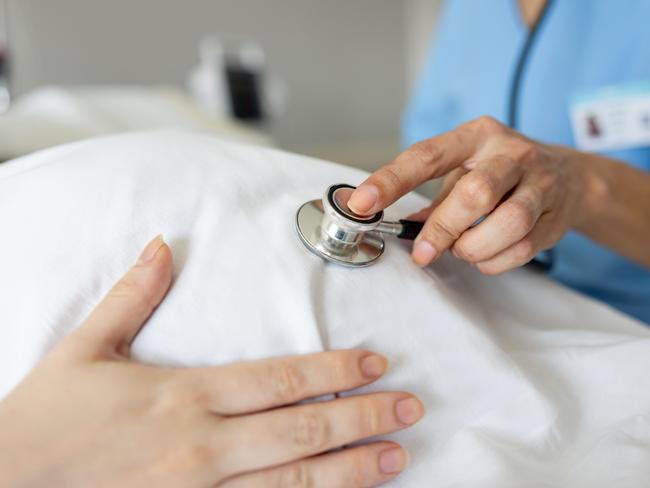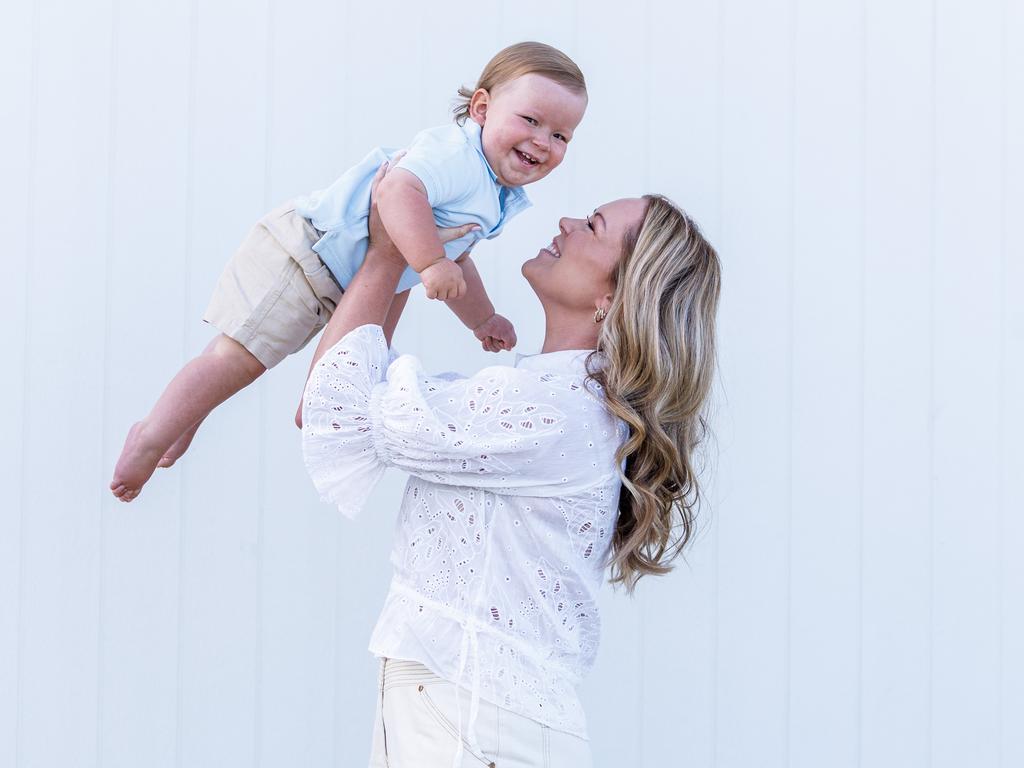Problems that put mums, bubs at risk demand urgent action
Bombshell research has highlighted serious problems in our health system – problems that put Australian mothers and their babies at risk and need urgent attention.

An independent study of birth outcomes across the country – led by some of Australia’s foremost health researchers – has yielded deeply concerning results.
The study found that severe adverse outcomes of birth, both for mothers and their babies, are considerably more likely in our public hospitals as compared to private maternity hospitals. It also found that costs of birth were higher in public hospitals than in private maternity settings.
The study’s findings rang alarm bells for doctors, consumer representatives, and even a former federal health minister when presented at a recent meeting in Sydney.
Having a baby is such a fundamental experience for most people – moving beyond the realm of healthcare into a place of deeply personal life experience – that responding to the study’s findings must be finely calibrated. No family can be left behind.
It is important that we draw the right conclusions from the research. We must put the wellbeing of women and their babies at the centre of any response to the study’s findings. It is well past time to heal a key part of our health system that is currently riven by unhelpful cultural and ideological division.
There are few greater responsibilities for our healthcare system than the safe arrival of the next generation of Australians. As birthrates continue to fall across the country, many women now will have only one child. Society has a responsibility to put all resources required into ensuring that birth is as good as it can be.
Mothers-to-be have a right to expect not only that birth is as safe as possible, but also that they are given an informed choice about who delivers their baby and where the birth happens.

Such informed choices are hardly an aspirational target. The federal health department’s own 2019 review of maternity care in Australia clearly affirmed the principle that women’s choices and preferences should be “sought and respected throughout maternity care”.
The bombshell research paper highlights serious problems in our health system – problems that put Australian mothers and their babies at risk and need urgent attention. Every day counts, just as every newborn baby counts.
Yet the research findings were no surprise to me. Fifteen years ago I reviewed national birth outcomes data and reached almost the same conclusions. When the results were published, though, the response from administrators was one of fury. I was told that I would never have access to any data again, so embarrassing had the results been to state and territory governments.
The consequence of this political censorship is that, 15 years later, mothers and babies still find themselves kept in the dark. Important information that should be available to any pregnant woman is obscured by arcane processes that make it almost impossible for researchers to shine a light on the true state of maternity care in Australia.
Mothers-to-be have a right to expect not only that birth is as safe as possible, but also that they are given an informed choice about who delivers their baby and where the birth happens.
The new research has arrived just at a time when private maternity care – provided by midwives and doctors working together in private hospitals – is on the ropes.
Maternity hospitals around the country are shuttering their services, and some capital cities provide few options for private care. So bad is the situation that my own research suggests that private maternity services will be extinct by the end of the decade.
Pregnancy and birth care is very special. Prospective Australian parents have a right to timely and accurate information to guide their birth choices. They have every right to feel badly let down at the moment.
Many women and their partners make their birth choices based not on rigorous scientific information but on social media, or recommendations from friends. Choice is critical to satisfaction with birth, but the information informing that choice must provide a true picture of the outcomes.
To make things even worse, many women are left with little or no choice. This is particularly the case for women who live outside our major cities. Local maternity services have been razed across large tracts of regional and rural Australia, leaving families unsupported at a time they should have our government swing in behind them.
Everybody involved in birth in this country – midwives, doctors, physiotherapists and many more – goes to work wanting the very best for the women they care for. We cannot let them down. As a society we must throw everything we have at supporting maternity services that are as safe and accessible as possible.

As Australian families shrink, and we ponder how our country can cope with an ageing population, resourcing of pregnancy services should be a national priority.
The key lesson we should take from this new maternity research report is that transparency is fundamental to good outcomes. Making data about birth outcomes difficult – or indeed almost impossible – to access is a recipe for disaster.
There is absolutely no medical or ethical reason that detailed information about the results of maternity care systems should be kept from women. Indeed, the stakes are so high for society that transparency should be a high priority.
A shining example of how this transparency can revolutionise safety and effectiveness of healthcare is the National Joint Replacement Registry. Information is fed into the registry database and it is publicly available almost in real time. Older Australians facing major procedures – and the surgeons and others providing their care – have access to a gold-standard resource guiding their care.
Australians at the other end of the life cycle – newborns and their mothers and parents – should have access to similar information about the results of maternity care in this country. Instead of dedicated researchers delving into secretive maternity data repositories, parents should have a trove of outcomes information to guide their choices.
When the final research results are published, there is no excuse for failing to heed the lessons of the work. The next generation of Australians – and their parents – must finally have truly informed choices.
Steve Robson is professor of obstetrics and gynaecology at the Australian National University and former president of the Australian Medical Association. He is a board member of the National Health and Medical Research Council and a co-author of research into outcomes of public and private maternity care.




